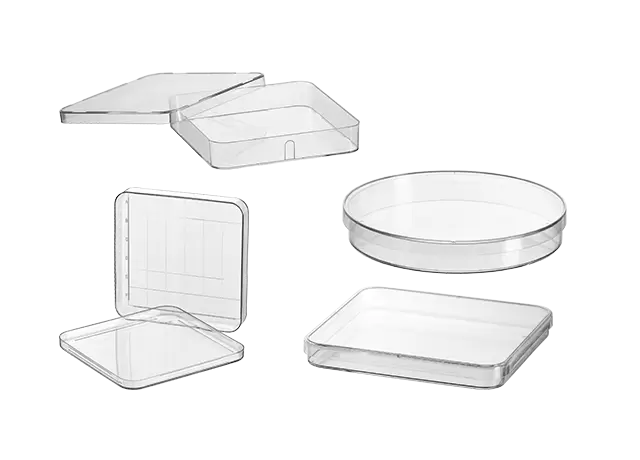In the quest for warmth during the chilly winter months, heaters become indispensable appliances in many households. Among the various wattage options available, a 1500-watt heater stands out as a popular choice due to its efficient heating capabilities. However, the question that often looms large is: How much does it cost to run a 1500-watt heater for 24 hours? To provide a comprehensive answer, let's embark on a detailed exploration that delves into electricity consumption, pricing structures, and energy efficiency tips.
Understanding Electricity Consumption
First and foremost, it's crucial to grasp how electricity consumption is calculated. The formula is straightforward:
Electricity Consumption (kWh) = Wattage (W) × Hours (h) / 1000
For a 1500-watt heater running continuously for 24 hours:
Electricity Consumption = 1500W × 24h / 1000 = 36 kWh
This means that the heater consumes 36 kilowatt-hours (kWh) of electricity in a single day.
Calculating the Cost
Now, let's translate this energy consumption into dollars and cents. The cost varies significantly based on your location and the electricity tariff rate provided by your utility company. Typically, residential electricity rates are measured in cents per kilowatt-hour (¢/kWh).
For illustrative purposes, let's assume a common residential rate of 12 cents per kWh:
Cost = Electricity Consumption (kWh) × Electricity Rate (¢/kWh)
Cost = 36 kWh × $0.12/kWh = $4.32
Therefore, running a 1500-watt heater for 24 hours would cost approximately $4.32 at a rate of 12 cents per kWh.
Factoring in Regional and Seasonal Variations
It's worth noting that electricity rates can fluctuate based on geographical location, time of year, and even specific plans offered by utilities. For instance, during peak winter months, some regions may experience higher rates due to increased demand for heating. Additionally, residents in colder climates often pay more for electricity compared to those in warmer areas.
Energy Efficiency Considerations
While the direct cost of running a 1500-watt heater is relatively clear, there are several energy efficiency strategies that can help mitigate these expenses:
- Thermostat Management: Using a programmable thermostat to set precise temperature schedules can significantly reduce energy consumption. For instance, lowering the temperature by just a few degrees when you're asleep or not at home can save considerable energy.
- Insulation: Properly insulating your home reduces the need for excessive heating. Seal windows, doors, and any other gaps that might let cold air in.
- Zone Heating: Instead of heating the entire house, consider using space heaters in individual rooms where you spend the most time. This targeted approach can be more energy-efficient.
- Maintenance: Regular maintenance of your heating system ensures it operates efficiently. Clean filters, check for leaks, and have a professional inspect the system annually.
- Energy-Efficient Models: Investing in heaters with higher energy efficiency ratings (such as those with an Energy Star certification) can lead to long-term savings.
Environmental Impact and Sustainability
Beyond the immediate financial cost, the environmental footprint of electricity consumption is also worth considering. Heating accounts for a significant portion of household energy use, and reducing this footprint through energy-efficient practices contributes to a healthier planet.
By making conscious choices about heating, such as utilizing energy-efficient appliances and practicing good energy management, you're not only saving money but also reducing greenhouse gas emissions.
Conclusion: A Balanced Approach
In conclusion, running a 1500-watt heater for 24 hours costs approximately $4.32 at a typical residential electricity rate of 12 cents per kWh. However, this figure serves as a baseline, and actual costs can vary widely based on individual circumstances and regional factors.

